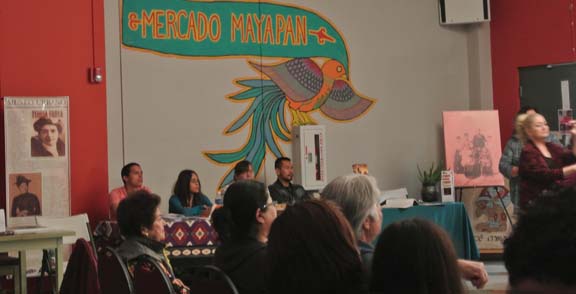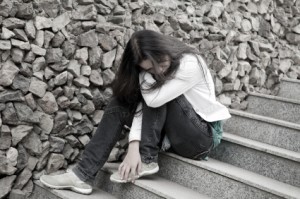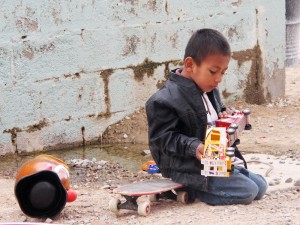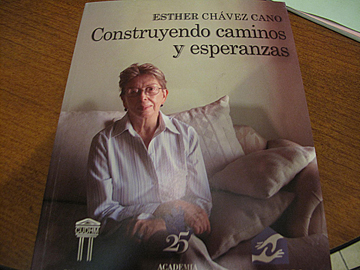Wise Latina summit showcases services available to women after leaving abusive relationships
|
Several El Paso women’s groups are helping victims of domestic abuse by providing them with resources to resume a healthy, productive lives after leaving abusive relationships, speakers at a recent conference said. Among the services provided for domestic violence victims are rental assistance, replacement of damaged property, medical bills, counseling, and protective orders from the County Attorney’s Office are available for victims of violent crimes, but shelter is the most need resource, said Jessica Ugarte, a certified crime victim compensation services provider. “They’re used to receiving financial support from their abuser, so when they leave they’re not sure where they can go or how can they support themselves,” Ugarte said during the annual summit called “Enough is Enough. Ya Basta” on Oct. 6 at the El Paso Community College.








